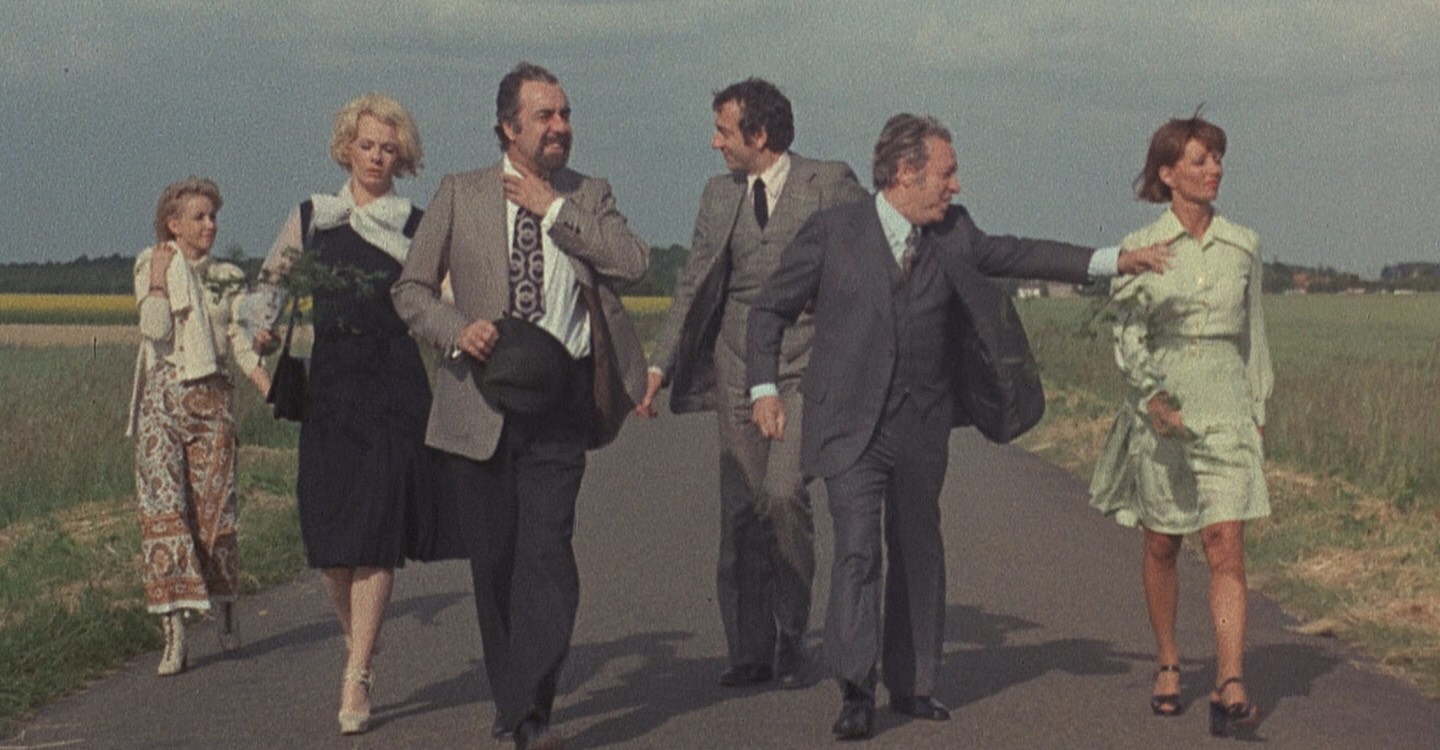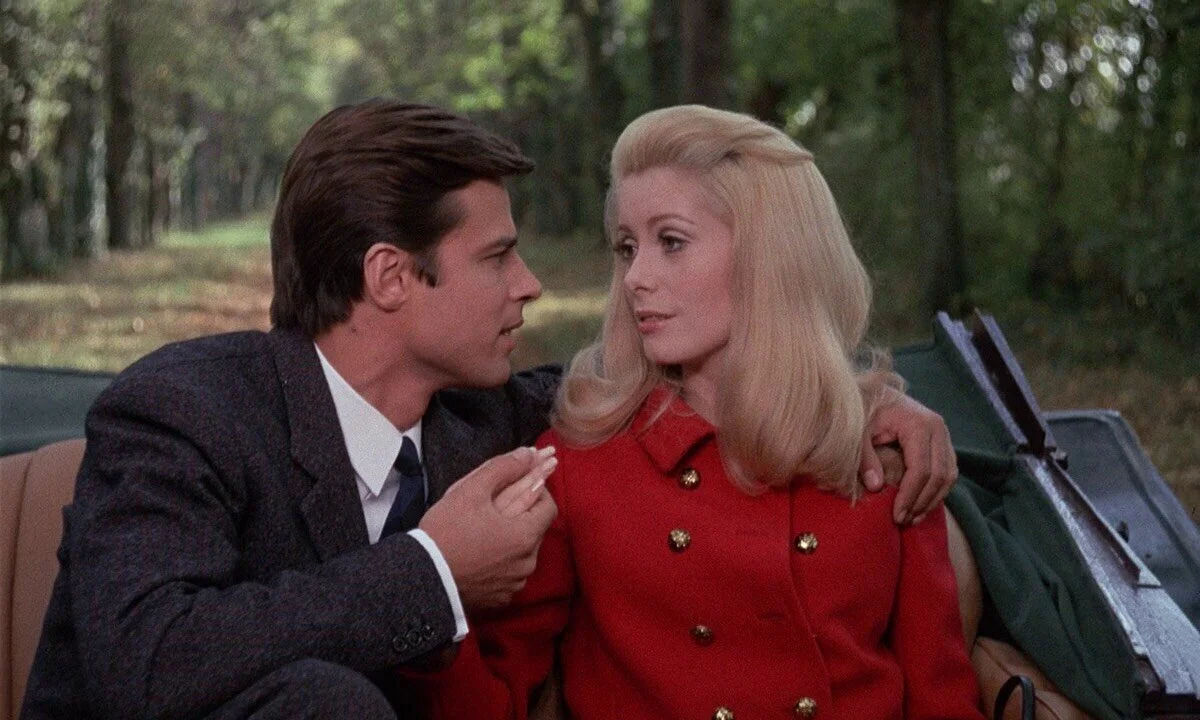Luis Bunuel
In 1962, surrealist filmmaker Luis Buñuel made “The Exterminating Angel”, a film about a group of high-society dinner guests who find themselves unexplainably, unable to leave the party. Ten years later, Buñuel made the inverse of that story with The Discreet Charm of the Bourgeoisie. In this film, a group of upper-middle class friends find themselves in a endless series of dinners that are perpetually interrupted by a variety of bizarre circumstances and people. The characters of this film (similar to the characters of The Exterminating Angel) will have the lives they’ve so carefully constructed, turned upside-down.
Luis Buñuel is one of those rare, prolific artists whose work remained bold and daring from the beginning all the way to the end of his career. In addition to being considered by film historians as the father of cinematic surrealism, he was also one of cinema’s most prominent bad-boys. Whether he was touching taboo subjects, exposing real-world issues or out-right mocking people in power, Buñuel risked losing his career (and even life) to be able to make the movies he wanted to make.
The Discreet Charm of the Bourgeoisie is one of his greatest and most experimental films. There is no three-act structure and neither do the characters evolve nor do they arrive to any realization. Considering the running themes of the movie, Buñuel purposely removed character development from his subjects (since Buñuel doesn’t believe these people will change) and instead introduces obstacles that only reveal the true intentions and motives of every character. While they all feel like real people, you can clearly see they represent the different ruling classes of society: politicians, church leaders, military members and the rich.
The working classes struggle to put food on the table and take time away from their multiple responsibilities to have a meal with their families. Meanwhile, the middle and upper classes use dinner-time to exhibit their wealth and impress each other with their good manners. For this crowd, dinner is a ritual where people must continuously sell themselves to prove they are worthy of their acquaintances. Buñuel points out the hypocrisy and soul-killing nature of this behavior and decides to throw a whipped-cream pie at the face of bourgeois sensibilities.
It is also interesting to point out that for an avant-garde film such as this, the style is quite restrained and elegant. Aside from some sounds added to the film, there is no score to let the audience know how they’re supposed to feel. In fact, some of the events are presented in ways where we, the audience, are not sure if we’re supposed laugh or feel bad. For example, a scene where the conversation between two lively women is interrupted by a man who comes over and proceeds to tell them a dark ghost story.
Suddenly, the film shifts in tone and point-of-view to recreate the man’s tragic ghost story. The film not only toys with its characters but it also toys with the rules of storytelling. Ultimately, with all of its biting social commentary, the film doesn’t come off as angry or accusatory. Instead, there is a gleefully mischievous spirit throughout. Sometimes, the most potent way to confront someone’s bullshit is to laugh right at their face.
The Discreet Charm of the Bourgeoisie
year 1972
director LUIS BUNUEL
director of photography EDMOND RICHARD
cast FERNANDO REY, PAUL FRANKEUR, DELPHINE SEYRIG, STÉPHANE AUDRAN, BULLE OGIER and JEAN-PIERRE CASSEL
words HECTOR ORTIZ
What to read next







